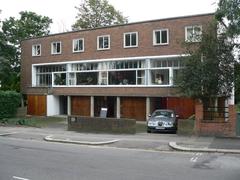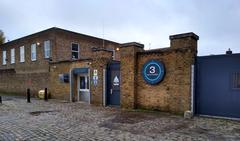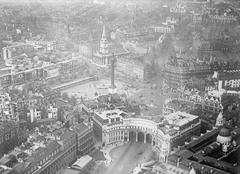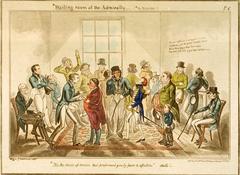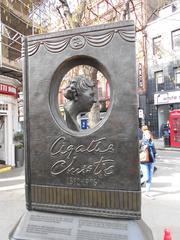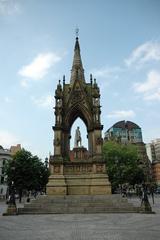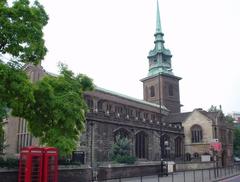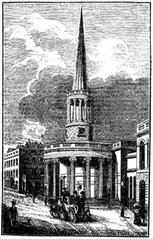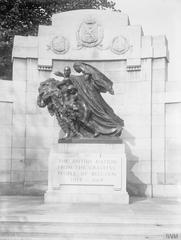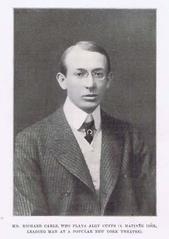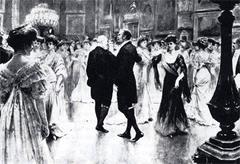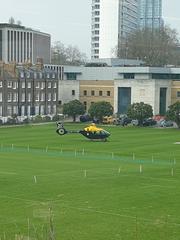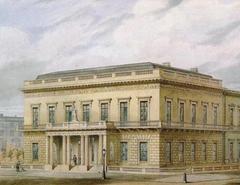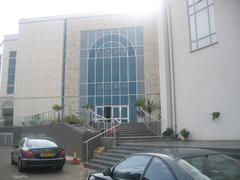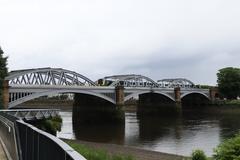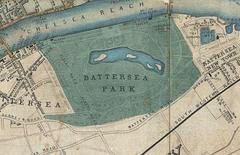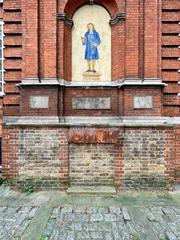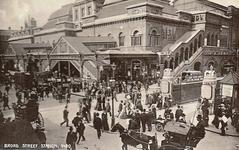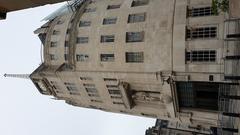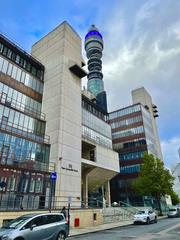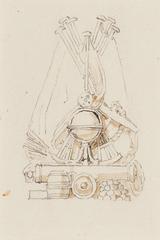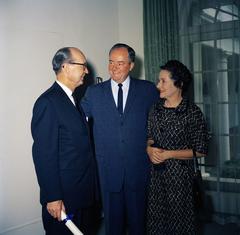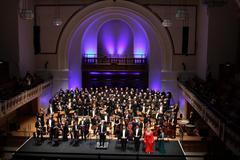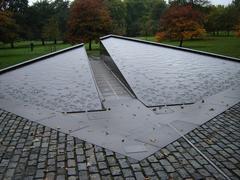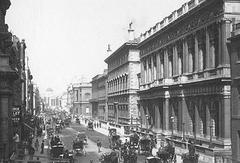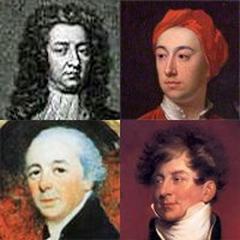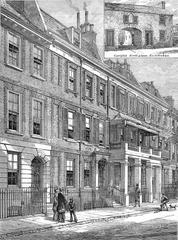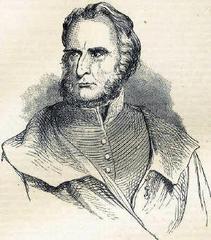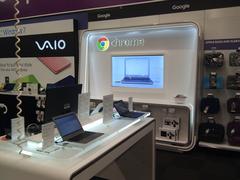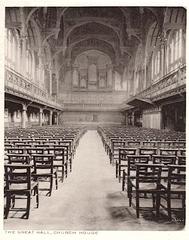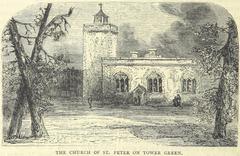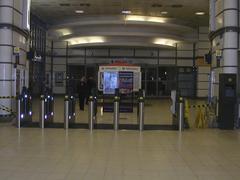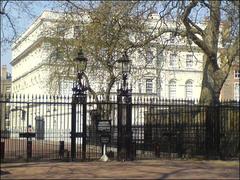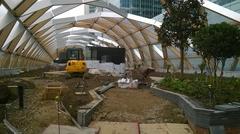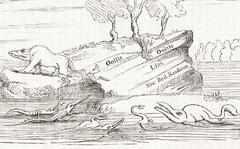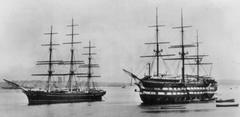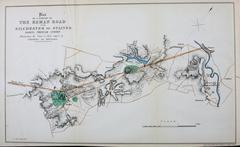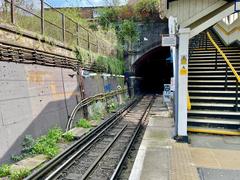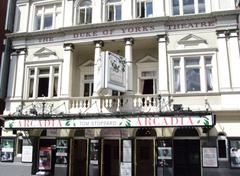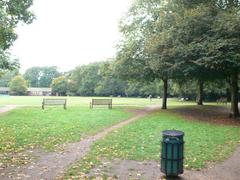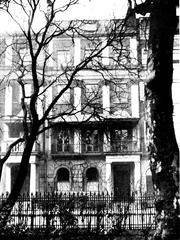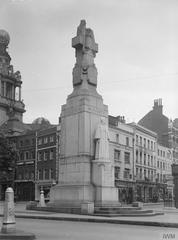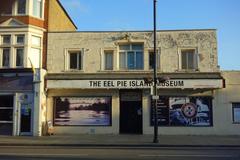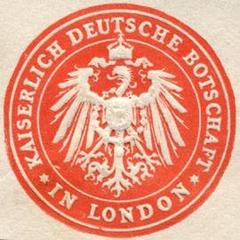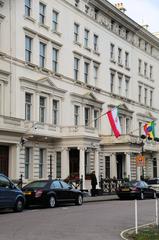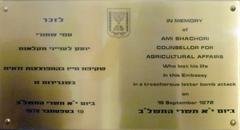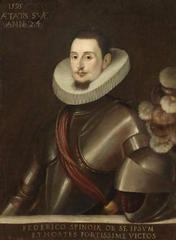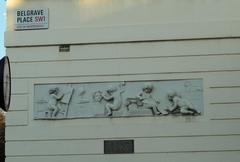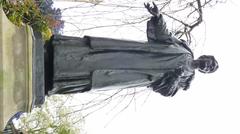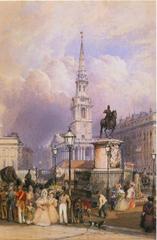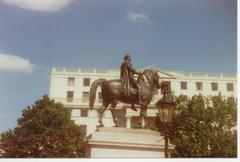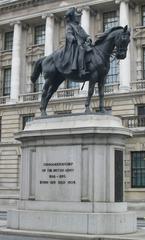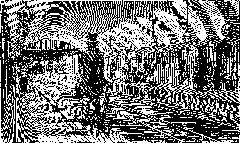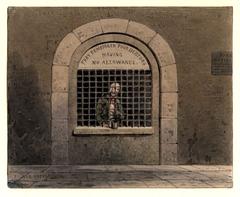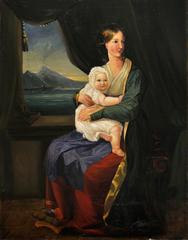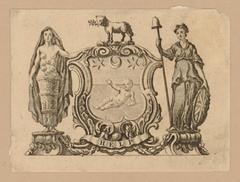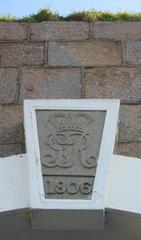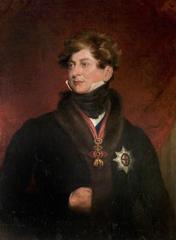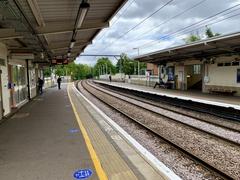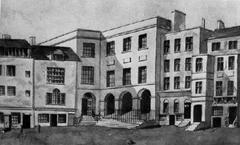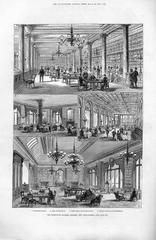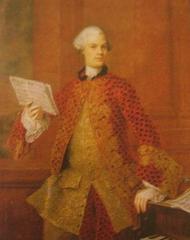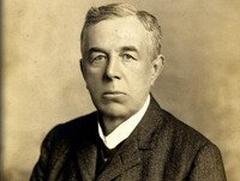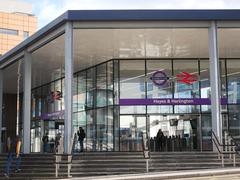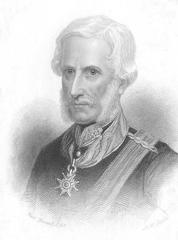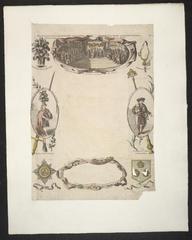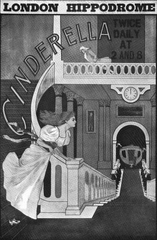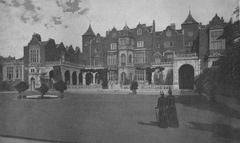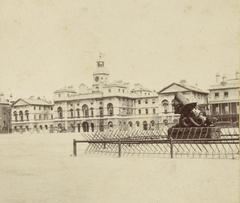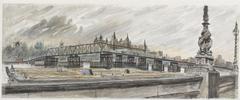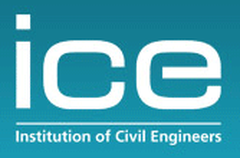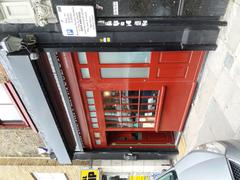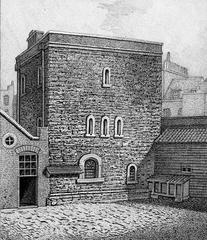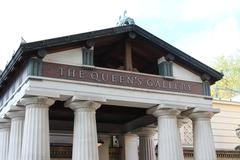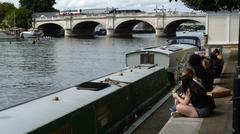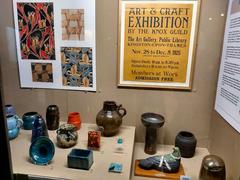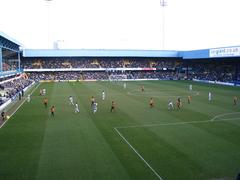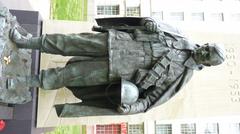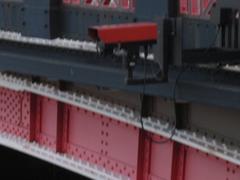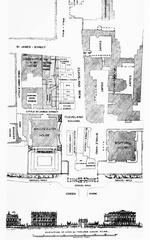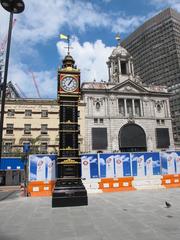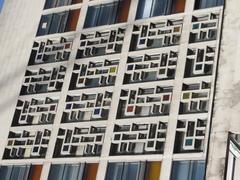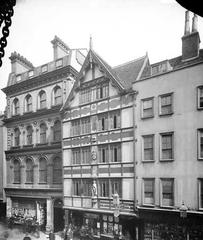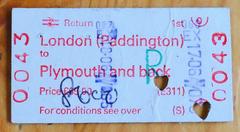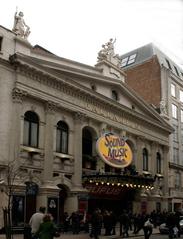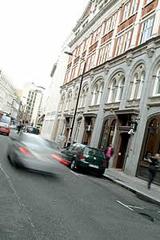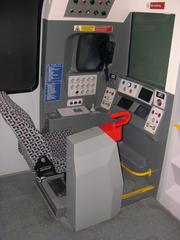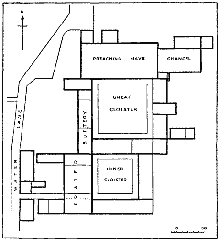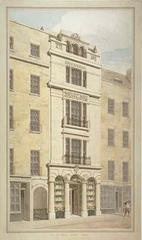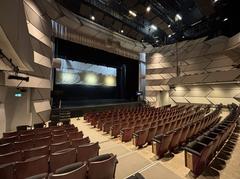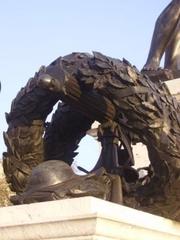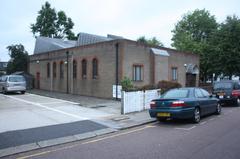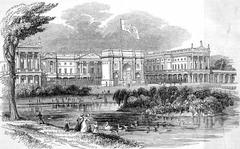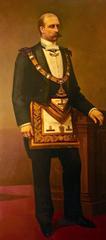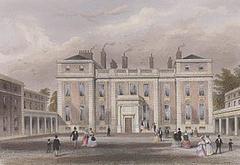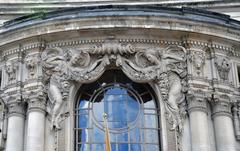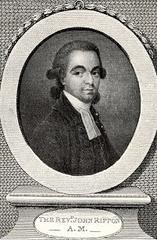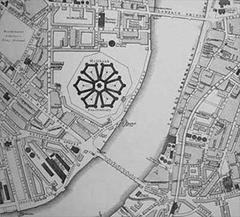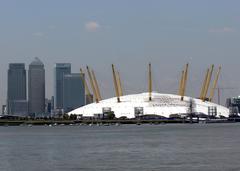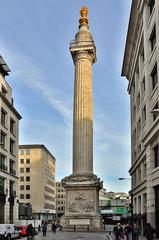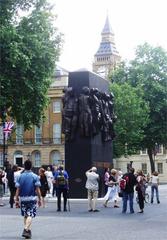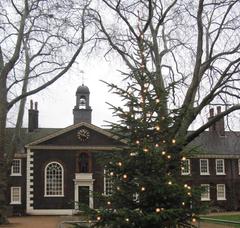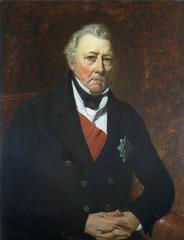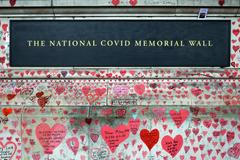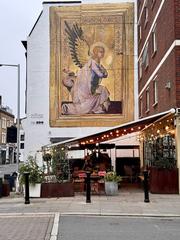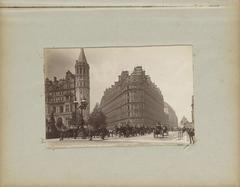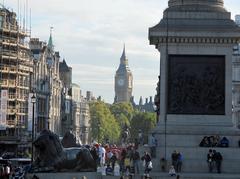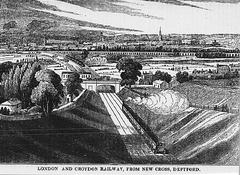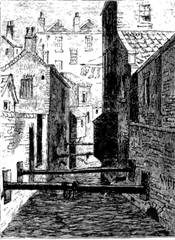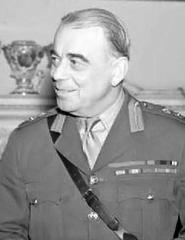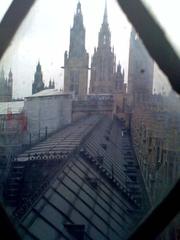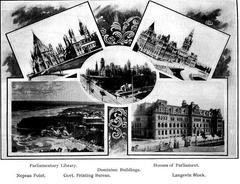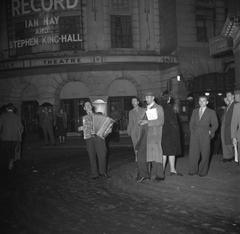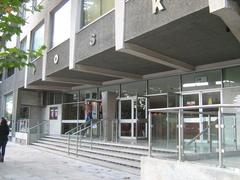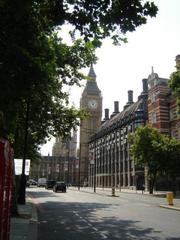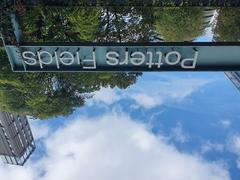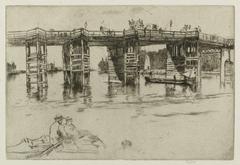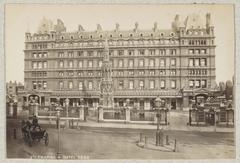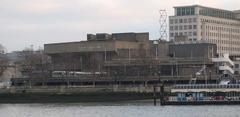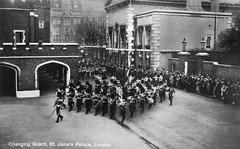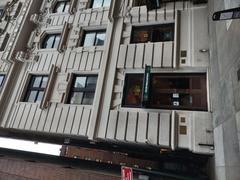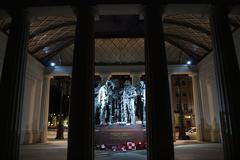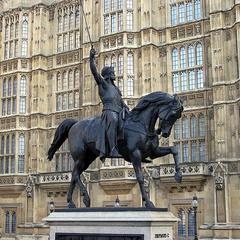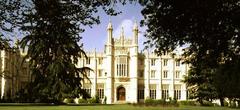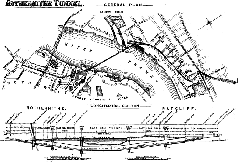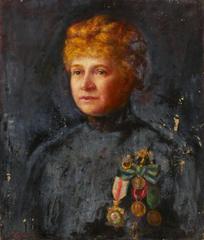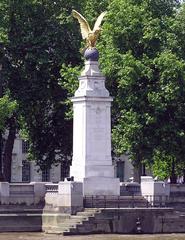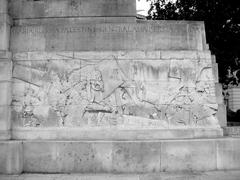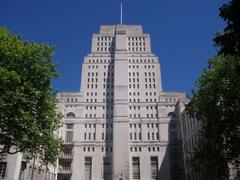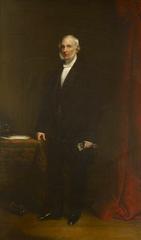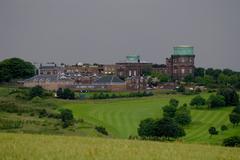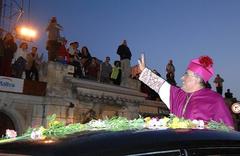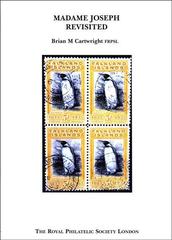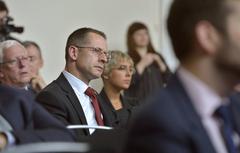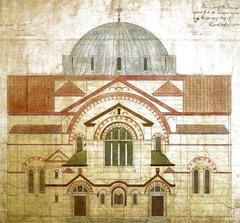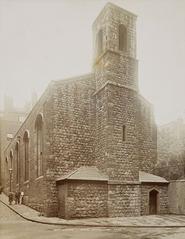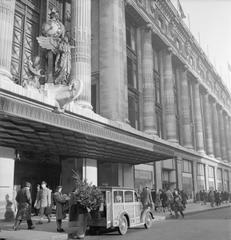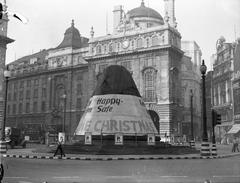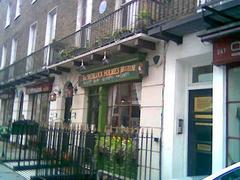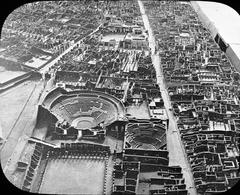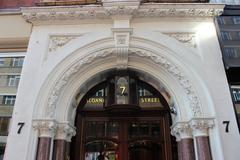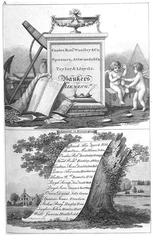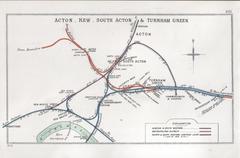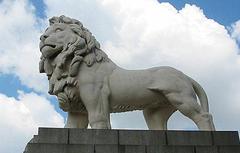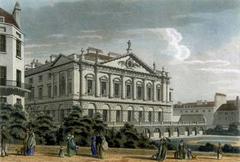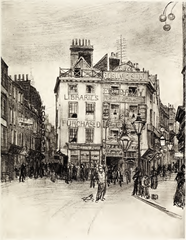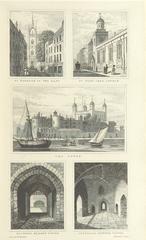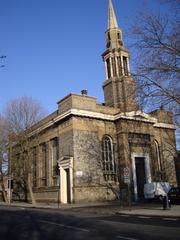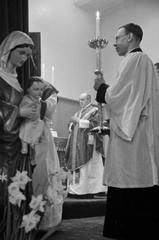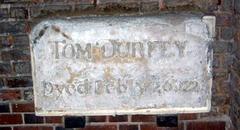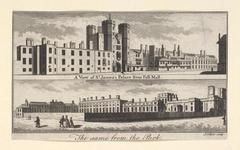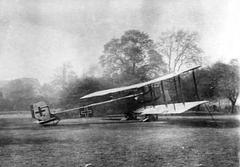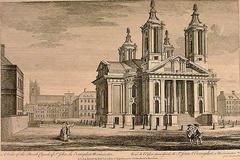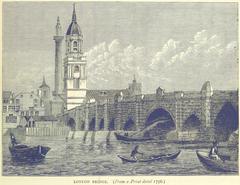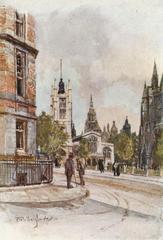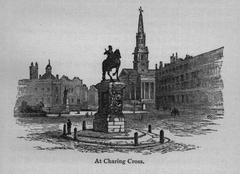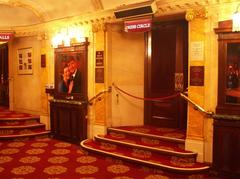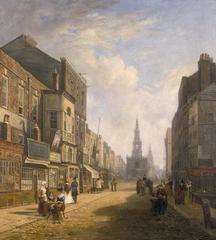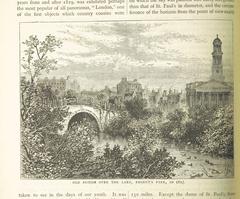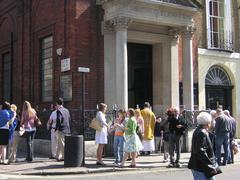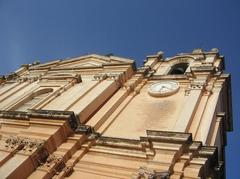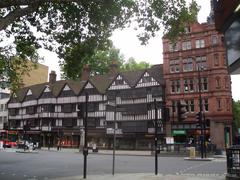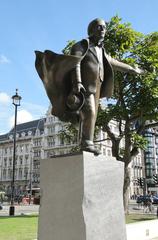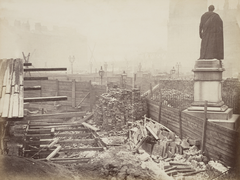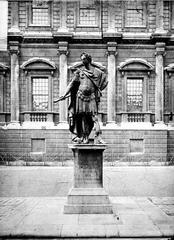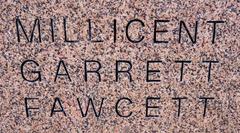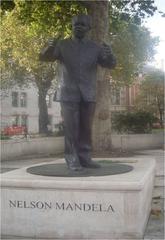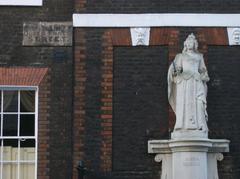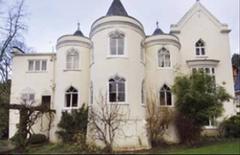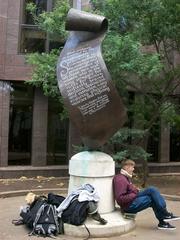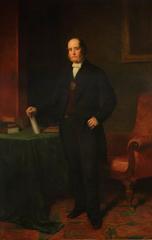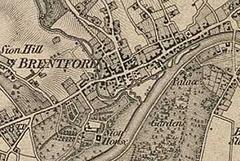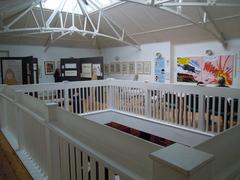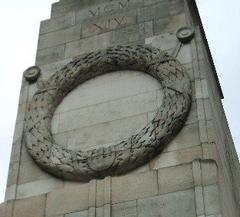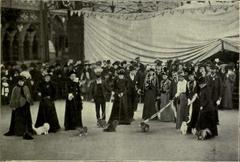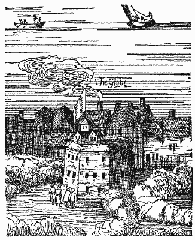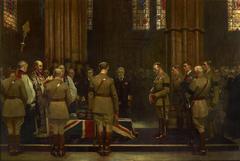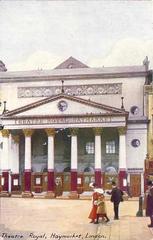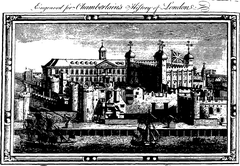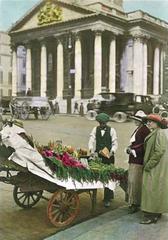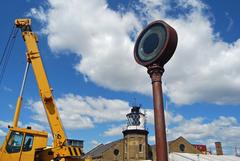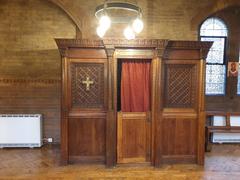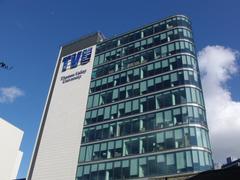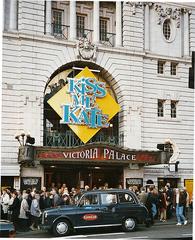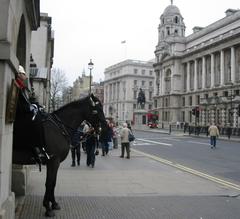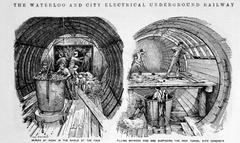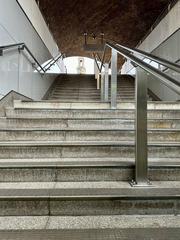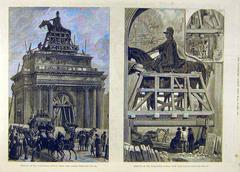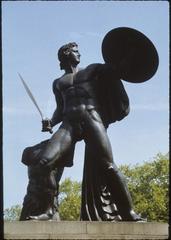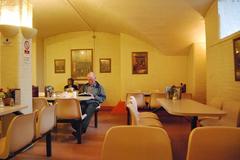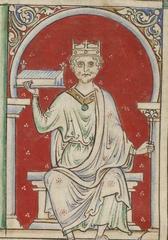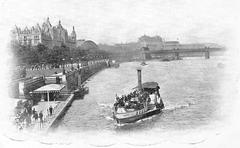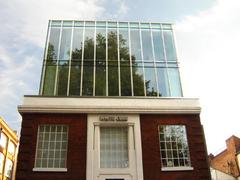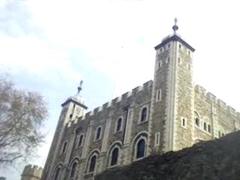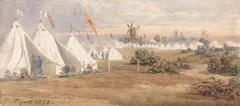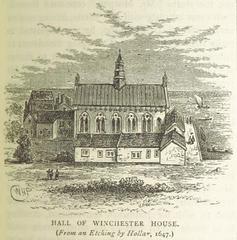Institute of Computer Science London: Visiting Hours, Tickets, and Historical Significance
Date: 04/07/2025
Introduction
The Institute of Computer Science (ICS) London played a foundational role in shaping the landscape of computer science education and research in the United Kingdom. Established in the late 1950s as part of the University of London, ICS was central to formalizing computer science as an academic discipline and advancing key technological innovations such as the University of London Atlas Computing Service—home to one of the most advanced supercomputers of its era (University of London Archives; Science Museum Group). Although the Institute was dissolved in 1974, its enduring influence continues through London’s leading universities, rich archival collections, and world-class museums.
This comprehensive guide explores ICS’s historical significance, its ongoing influence on academic and technological advancement in London, practical visitor information for accessing archives and summer programmes, and recommendations for exploring the city’s broader computing heritage.
Table of Contents
- Introduction
- Origins and Foundation of ICS London
- Academic Contributions and Early Programs
- Research and Technological Innovations
- Institutional Structure and Collaborations
- Dissolution and Ongoing Legacy
- Visiting ICS Archives and Related Sites
- Nearby Attractions
- Academic Reputation and Global Rankings
- Research Excellence
- Interdisciplinary Collaboration and Societal Impact
- Academic Programmes and Specializations
- Facilities and Visitor Experience
- Contribution to UK and Global Technology
- Public Engagement and International Collaboration
- Visiting Senate House: Hours, Tickets, and Tips
- Summer Programmes, Accommodation, and Local Highlights
- Key Visitor Information and FAQs
- Summary and References
Origins and Foundation of the Institute
The Institute of Computer Science was formed in the 1950s as the University of London Computer Unit and was officially recognized as the ICS in the early 1960s. Richard Buckingham served as its director from 1957 to 1973, overseeing its transformation into a pioneering center for computer science education and research (University of London Archives).
Academic Contributions and Early Programs
ICS established one of the UK’s first Master of Science (MSc) programmes in Computer Science, setting benchmarks for the academic discipline. It also offered industry-focused courses, such as computer typesetting for printing, and trained many influential figures in computing, including John Buxton, Michael Newman, Nick Fiddian, and Gautam Mitra (Birkbeck College Computer Science).
Research and Technological Innovations
ICS’s most famous technological achievement was its management of the Atlas Computing Service, which operated one of only three Atlas supercomputers ever built. The Atlas computer, developed in Manchester and hosted at ICS, was a symbol of British computing innovation in the 1960s (Science Museum Group).
The Institute also led projects including:
- CPL1 Compiler: Early compiler work that influenced BCPL and C.
- Advanced Mathematical Software: Including the General Fourier Synthesis Program.
- Engineering Optimization: Algorithms for applications like transmission line design.
- Interdisciplinary Applications: Such as computing for English change ringing.
Institutional Structure and Collaborations
As a central hub within the University of London, ICS delivered courses, research, and computing services across colleges, collaborating with disciplines such as mathematics, engineering, and printing. Its work laid the foundation for the University of London Computer Centre (ULCC), which inherited many ICS functions after its closure (ULCC History).
Dissolution and Ongoing Legacy
ICS ceased to exist as a standalone entity in 1974. Its leadership and many of its functions migrated to Birkbeck College and ULCC, but its legacy persists in the vibrant computer science community that now thrives across University College London, King’s College London, Queen Mary University of London, and beyond (EduRank; LondonBest.uk).
Visiting ICS Archives and Related Sites
Archival Research
Though the ICS no longer exists as a public-facing institution, its archival materials are preserved and accessible to researchers:
- Birkbeck College Archives: Documents on ICS leadership and academic activities (Birkbeck Archives).
- University of London Archives: Administrative and technical records (University of London Archives).
- Science Museum Group: Historic computing artefacts, including the Atlas computer.
Visits are by appointment only; there are no public tours or tickets for the ICS itself.
Nearby Attractions and Computing Heritage Sites
London offers a wealth of sites for computing and science enthusiasts:
- Science Museum: Exhibits on historic computers and modern tech (Science Museum Group).
- Birkbeck College and UCL: Both with esteemed computing departments and occasional public events.
- Senate House: Iconic Art Deco landmark and academic hub.
Directions and maps can be found online for planning a computing heritage tour.
Academic Reputation and Global Rankings
London’s leading computer science institutions—particularly UCL—are consistently ranked among the global elite (Times Higher Education Interdisciplinary Science Rankings 2025; THE Computer Science Rankings 2025). UCL is recognized for its interdisciplinary research, strong teaching, and industry connections, reflecting the city’s enduring academic excellence.
Research Excellence and Technological Impact
London’s computer science community leads in areas such as AI, cybersecurity, robotics, data science, and quantum computing. The Alan Turing Institute, Imperial College London, and UCL all drive technological breakthroughs and societal innovation (Research Studies Press).
Interdisciplinary Collaboration and Societal Impact
Partnerships with industry, government, and non-profits fuel London’s innovation ecosystem. Knowledge transfer initiatives ensure that research is rapidly translated into real-world solutions, from healthcare innovation to smart city technology (Research Studies Press).
Academic Programmes and Specializations
London’s universities offer a comprehensive suite of undergraduate and postgraduate programs, including specializations in Data Science, Machine Learning, Web Development, User Experience, and more (University of London Programme Regulations 2024-2025). Curricula are research-led and industry-responsive.
Facilities and Visitor Experience
Campus Locations
Key campuses include UCL’s Gower Street, Euston Road, High Holborn, and UCL East, all centrally located and equipped with state-of-the-art labs and collaborative spaces (UCL Computer Science – How to Find Us).
Accessibility
All campuses are accessible by public transport and provide ample support for visitors and students with disabilities.
Contribution to UK and Global Technology
London’s computer science graduates and researchers shape the global technology landscape, leading advances in AI, quantum computing, and digital security. Their work addresses global challenges and cements London’s reputation as a technology hub (Research Studies Press).
Public Engagement and International Collaboration
London’s institutions host events, workshops, and public lectures, fostering engagement with the wider community (Eventbrite London Computer Science Events). International partnerships further extend their impact.
Visiting Senate House: Hours, Tickets, and Tips
History and Significance
Senate House, an Art Deco masterpiece in Bloomsbury, is both an architectural icon and the administrative heart of the University of London. It played a significant role during WWII and inspired literary works such as George Orwell’s “1984.”
Visitor Information
- Hours: Weekdays, 9:00 AM–5:00 PM (may vary for events; check University of London Senate House page).
- Entry: Free for public areas; library and exhibitions may require registration (Senate House Library).
- Guided Tours: Offered by advance booking (Campus Tours).
- Accessibility: Wheelchair accessible; contact ahead for specific needs (UCL Accessibility).
- Nearby: British Museum, British Library, Russell Square, Science Museum.
Summer Programmes, Accommodation, and Local Highlights
Young Computer Scientist Summer Experience
A leading summer programme for students aged 15–18, offering hands-on workshops in robotics, AI, game design, UI/UX, and fintech (InvestIN). Includes:
- Robotics and AI workshops
- Game development and motion capture
- Industry site visits and guest lectures
- Networking events and career guidance
Accommodation
University halls like Garden Halls and International Hall provide en-suite rooms, meal plans, and secure environments for participants.
Local Attractions
- Science Museum: Free entry; daily 10:00–18:00 (Science Museum)
- Natural History Museum, Bletchley Park: Both offer unique science and history experiences.
- West End Theatres, British Museum, Regent’s Park: Cultural highlights within easy reach.
Travel and Practical Tips
- Use Oyster/contactless for transport.
- July weather is mild (18–25°C); pack for occasional rain.
- Early registration is essential for summer programmes.
- International visitors should check visa requirements.
Key Visitor FAQs
Q: Can I visit the Institute of Computer Science directly?
A: The ICS no longer exists as a physical institution. Archives are accessible by appointment at Birkbeck College and the University of London.
Q: Are there public tours or tickets?
A: No public tours; access is via educational programmes or archival research.
Q: How do I apply for summer programmes?
A: Through the InvestIN website.
Q: Is London accessible for visitors with disabilities?
A: Yes, most university campuses and major attractions are accessible.
Summary
The Institute of Computer Science London, though dissolved in 1974, made foundational contributions to computing—pioneering academic programmes, running one of the world’s earliest supercomputers, and shaping London’s modern technology landscape (Science Museum Group; University of London Archives). Its legacy endures through leading universities, innovative research, and accessible archives. Whether you’re a researcher, student, or enthusiast, London offers a unique blend of history, cutting-edge technology, and world-renowned cultural attractions.
For a deep dive into the city’s computing heritage, combine archival research with visits to museums and landmarks, and consider immersive educational programmes for hands-on learning. Stay connected and informed by leveraging digital resources and interactive apps like Audiala.
References
- University of London Archives, 2024
- Science Museum Group, 2024
- Birkbeck College Computer Science, 2024
- ULCC History, 2024
- EduRank Computer Science Rankings London, 2024
- LondonBest.uk Computer Science Universities, 2024
- Times Higher Education Interdisciplinary Science Rankings 2025
- THE Computer Science Rankings 2025
- Research Studies Press, 2024
- University of London Programme Regulations 2024-2025
- UCL Computer Science – How to Find Us, 2024
- InvestIN Young Computer Scientist Summer Experience, 2024
- University of London Senate House page, 2024


